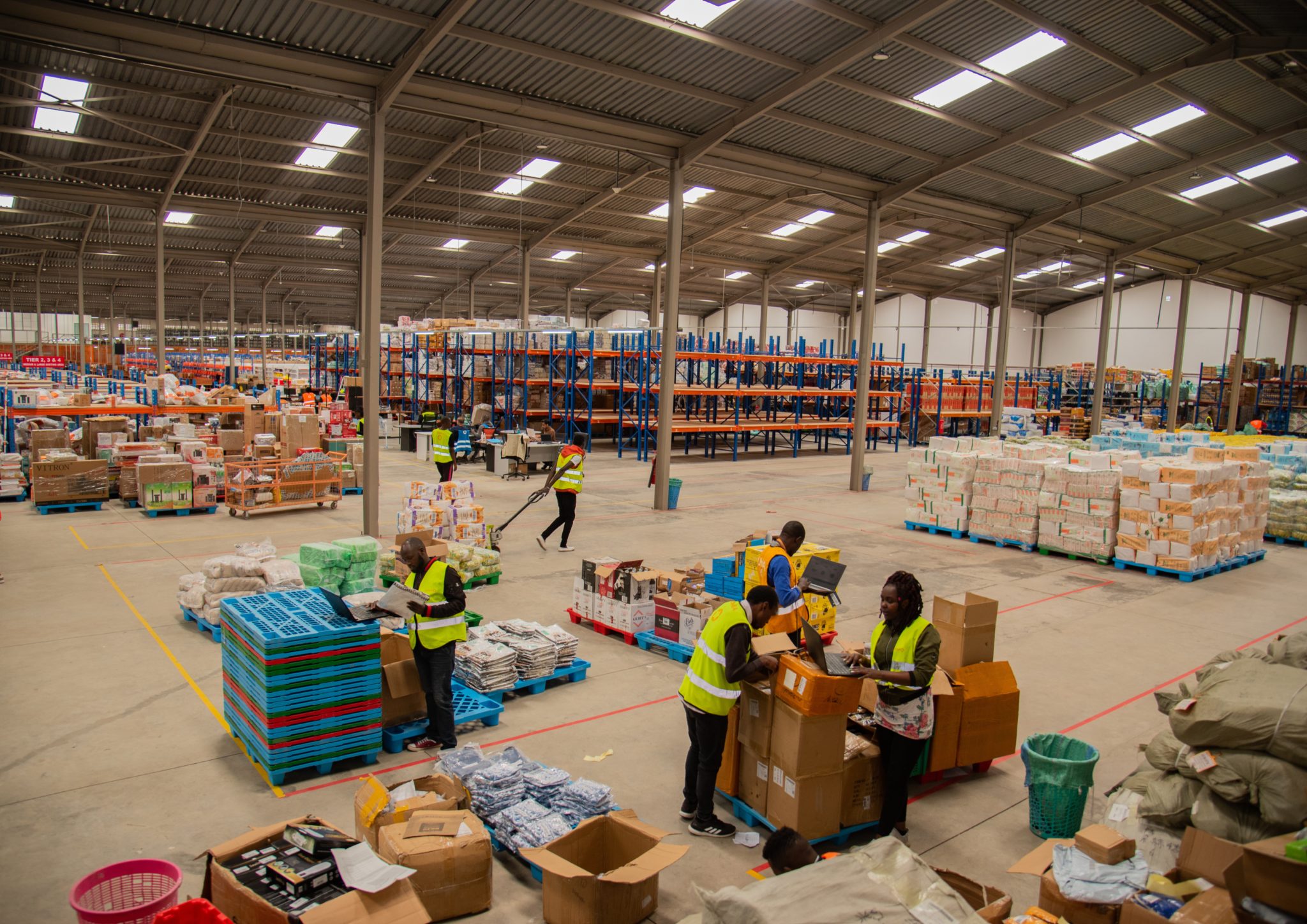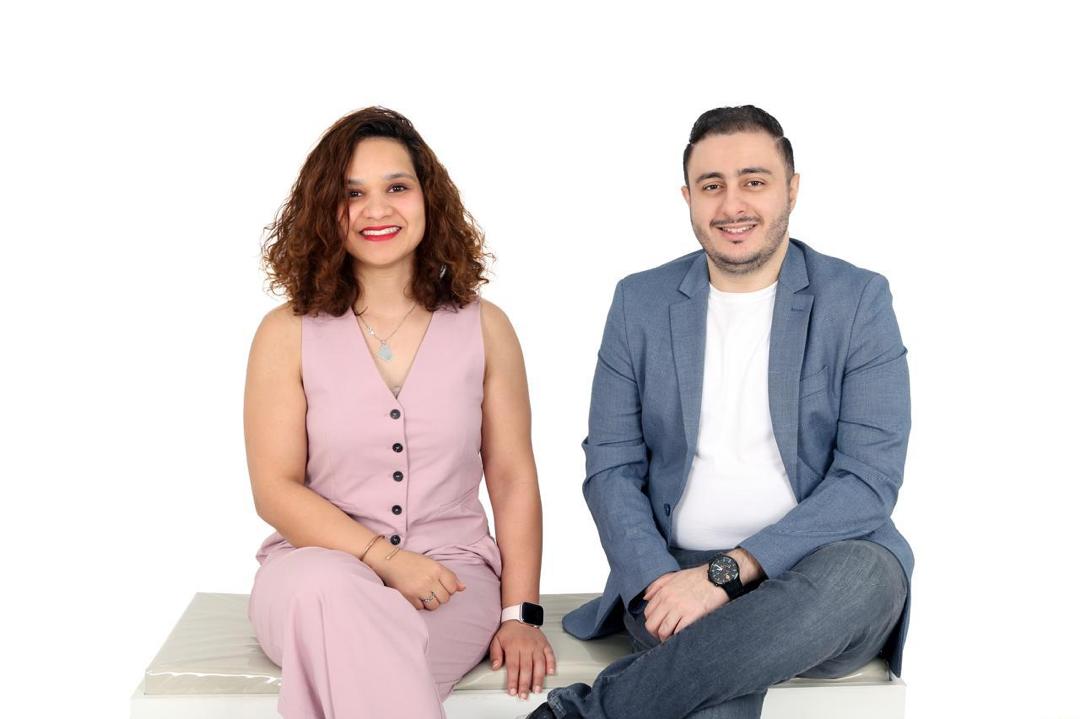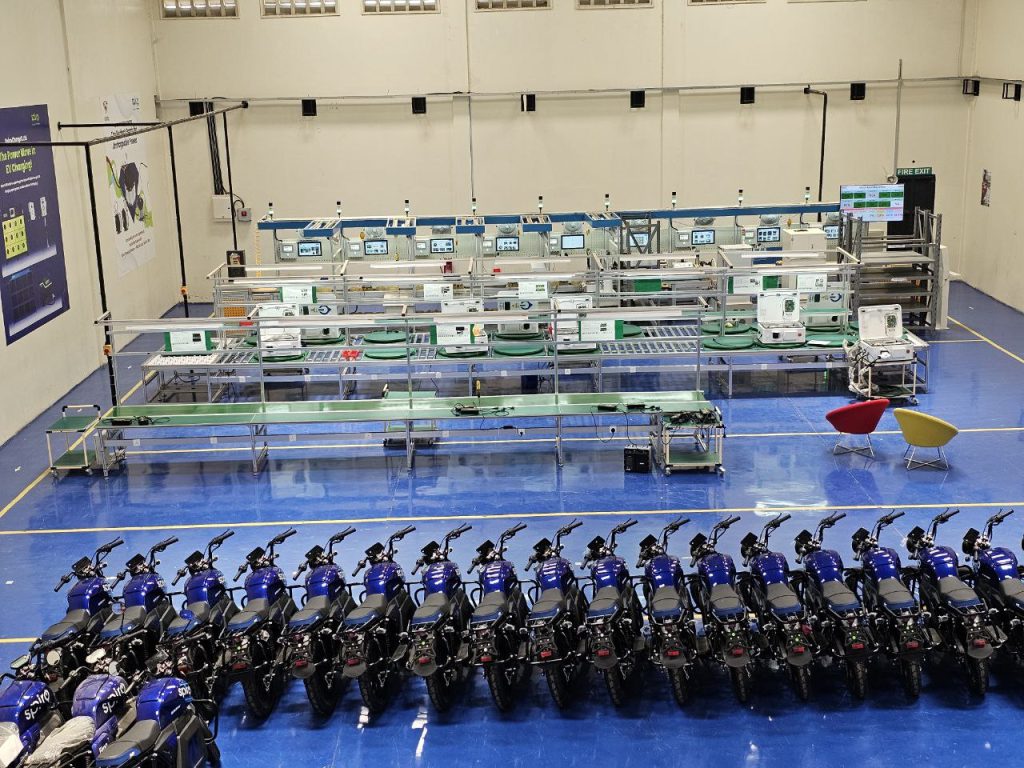Eze, a YC-backed B2B marketplace, is connecting retail stores dealing in second-hand smartphones and electronics with global electronics manufacturers and suppliers. In June, the startup raised $3.7 million.
For over two years, Joshua Nzewi and David Iya ran a smartphone wholesale business in the U.S. and decided to begin shipping second-hand devices outside their base. But they soon realised deeper issues that plagued the second-hand smartphone market, especially in Nigeria, where the duo originally hail from. Thousands of retailers in Nigeria sell refurbished smartphones shipped from other countries and sold in markets like Computer Village in Lagos. But these retailers deal with problems such as logistics, limited supply, pricing uncertainty as well as payment and trust issues. So in 2020, Nzewi and Iya founded Eze, a B2B marketplace that connects global ma suppliers with retailers dealing in second-hand smartphones and electronics such as laptops, tablets, wearables, and other devices.
“Think of us as eBay or Amazon or even like a Jumia. A buyer comes to our platform and sees all the different prices for several devices and makes a bid. If the seller accepts the offer, payment is made and the transaction is done,” Nzewi told TechCabal over a call. Eze takes a cut from each transaction done on the platform.
According to Nzewi, the YC-backed startup has sold over 500,000 devices since its launch in early 2021 and built a presence in over 15 countries including the United States and Nigeria, its biggest market. He claimed over 50 businesses in Computer Village are currently registered on the platform. Though devices listed on Eze are priced in dollars, Eze offers currency conversion: buyers can pay in their local currency including naira while sellers are paid in their settlement currency. Nzewi added that Eze has a fintech subsidiary currently available in the United States, Eze Capital designed to help businesses in the smartphone wholesale business scale their operations.
What’s different with Eze?
Buying second-hand electronics is tricky considering the risk of getting sold substandard or fake products. To overcome consumers’ trust issues, Eze operates a grading process to confirm that all gadgets up for sale are in good condition and genuine, according to Nzewi. “We vet all the devices and test them before they are shipped to the buyers. For every transaction, we safely hold the funds in escrow until the buyer confirms the delivery. We also do a rigorous check on all sellers on our platform to ensure that they are legitimate,” he said. Nzewi added that there’s a standard 30-day warranty on the products and a return policy for customers in situations where gadgets get damaged in transit. The company partners with FedEx for logistics in the U.S., Europe, and Southeast Asia while using third-party logistics services across its Latin American and African markets.
Though Eze is a B2B marketplace, Nzewi said the company has the consumers in mind. According to Counterpoint Research’s Global Refurb Smartphone Tracker, refurbished smartphone sales grew 5% globally in 2022, with Apple gaining 49% of the second-hand market. “We know that the people that these retail stores are selling to are the consumers. And so if we can reduce the costs as much for the retail stores, and we can improve the quality as much of the retail stores, the end consumers are the ones that benefit at the end of the day,” he said.
Expanding operations
In June, the YC-backed startup raised $3.7 million in a seed round with backers such as Y Combinator, Right Side Capital, C2 Ventures, Boro Capital, EVPI Investments, Itochu, Jack Greco, and other angel investors. Nzewi told TechCabal that much of the funding has gone to getting new hires and expanding the company’s sales operations. “And then we’re also looking to set up a second facility, although we’re not sure of the location yet,” he added. According to the International Data Corporation (IDC), shipments of used smartphones will reach a market value of $99 billion by 2026, Eze is betting that it will take advantage of this projected growth by adding new products and creating fresh partnerships with shipping companies to improve sales on its platform, according to Nzewi.




















